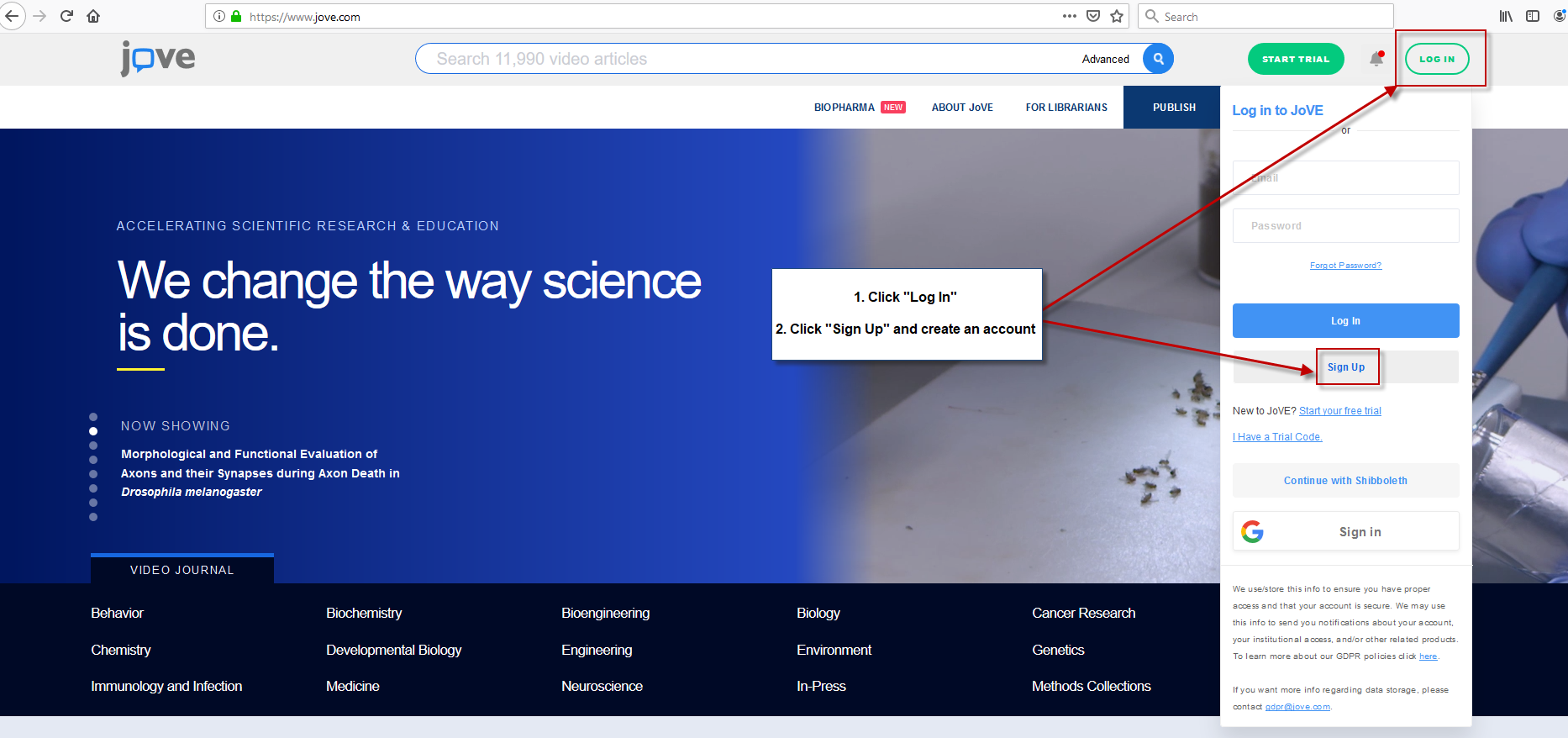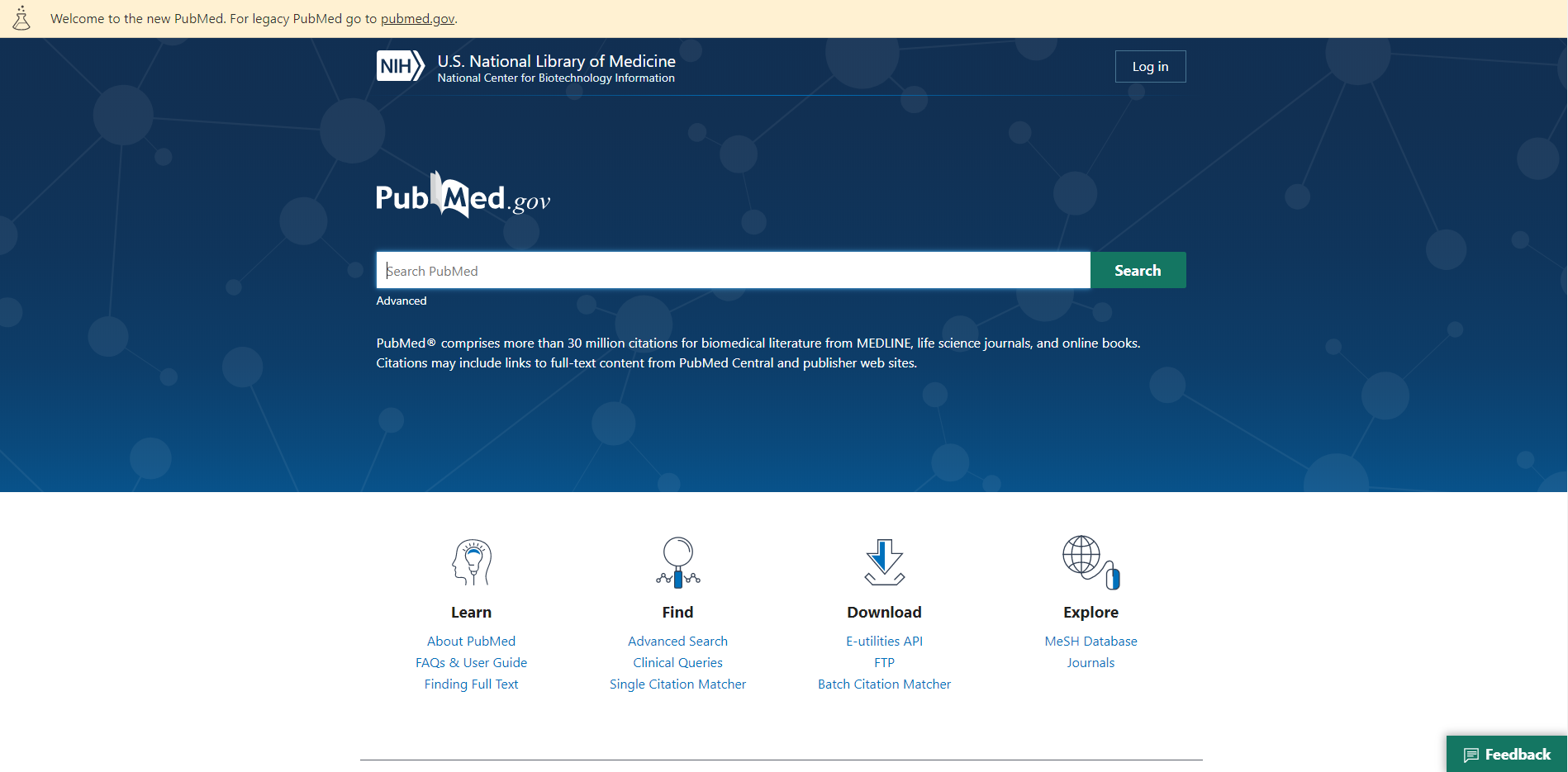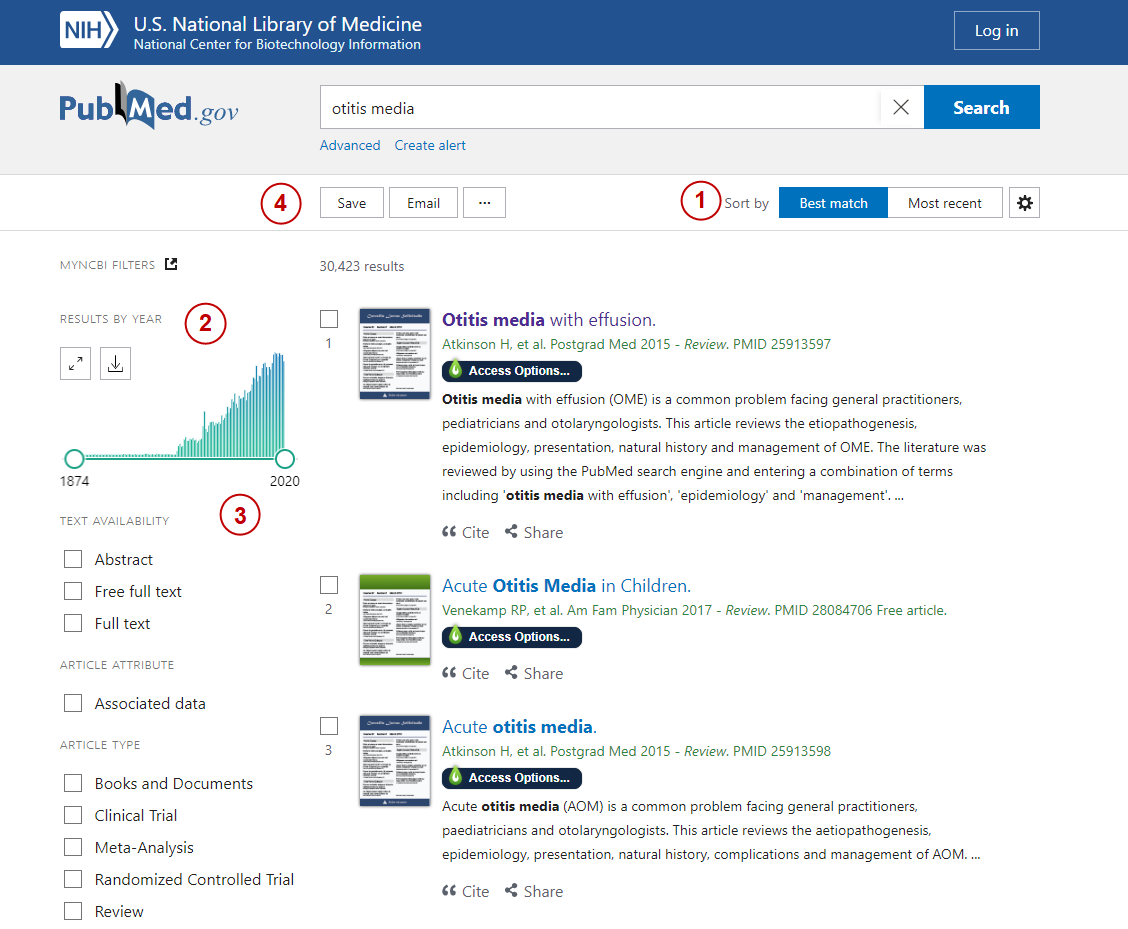Between assignments, exams, and everything else on your plate, everyone needs time to decompress. The Libraries aren’t just about academic books and research databases, we also provide access to thousands of movies, music, magazines, and more to help you relax and recharge.
Stream, Read, Listen, Explore
Catch Up on News & Magazines
- Digital News – Details on accessing digital subscriptions to news sites like The New York Times, WSJ, The Athletic, and more!
- Flipster – Browse digital versions of popular magazines like People, The New Yorker, and Consumer Reports or download them to Flipster’s free app found on Google Playor the iOS App Store.
Movie Night, Anytime
- Digital Theatre+ – World-class theater performances from your couch
- Film Platform – Independent and international cinema, includes many Oscar-nominated films and festival winners.
- Films on Demand: Feature Films for Education – Hundreds of films and documentaries, including Academy Award winners.
- Kanopy – Access to more than 10,000 titles in all subject areas
- Swank – Popular movies for when you just want to watch something fun
- Hoopla – Stream movies, TV shows, and audiobooks
Your Soundtrack
- Naxos Music Library – Over a million tracks of classical, film, world, and folk music.
- Music Online: Smithsonian Global Sound – Discover music from cultures around the world
Get Lost in Discovery
- National Geographic Archive – Decades of stunning photography and storytelling
All these resources are available 24/7 through the St. Thomas Libraries with your university login. If you have questions, reach out through our Ask a Librarian service.
Also, don’t forget about your local public library. Your public library card (which you can often receive immediately digitally) may give you access to even more entertainment and information resources in your community. Finally, the eLibrary of Minnesota (ELM) provides Minnesota residents access to many resources, including magazine and newspaper articles, and numerous media, including images, videos, and audio files.







